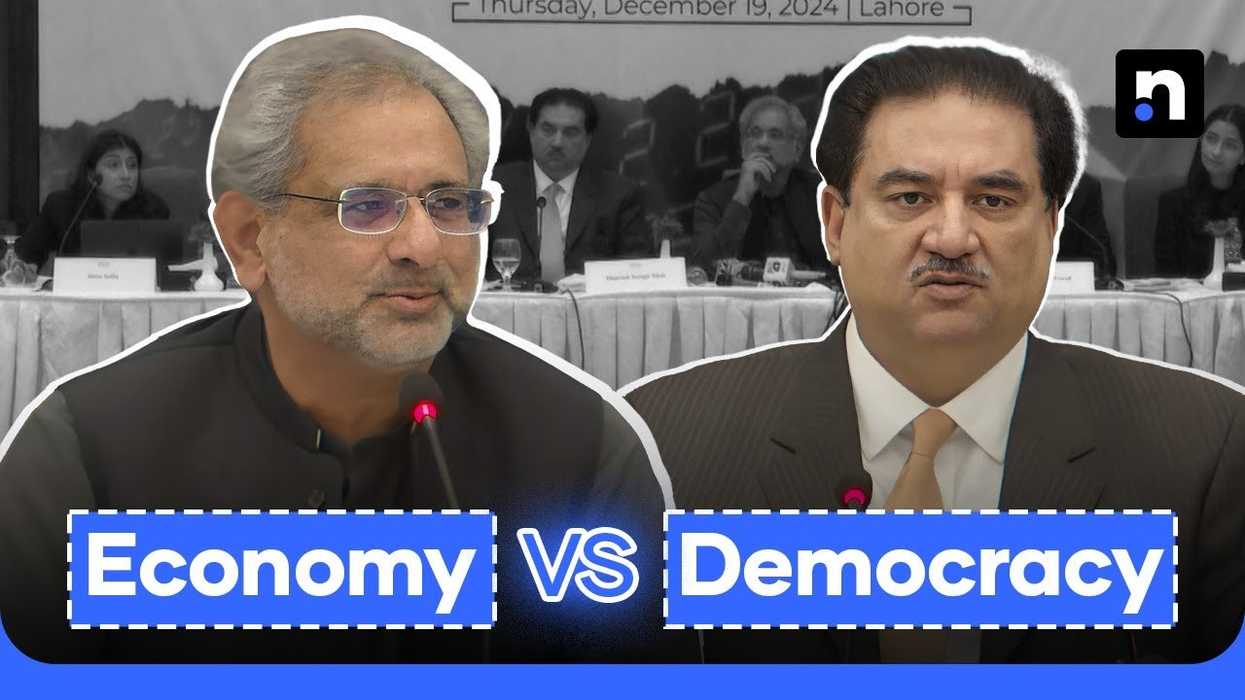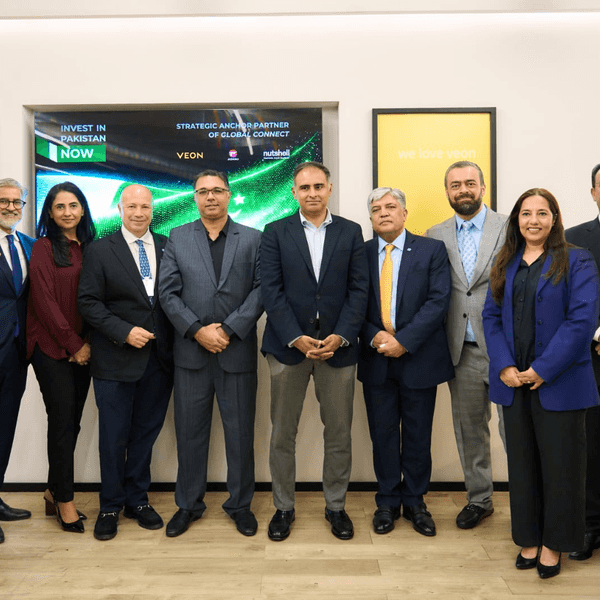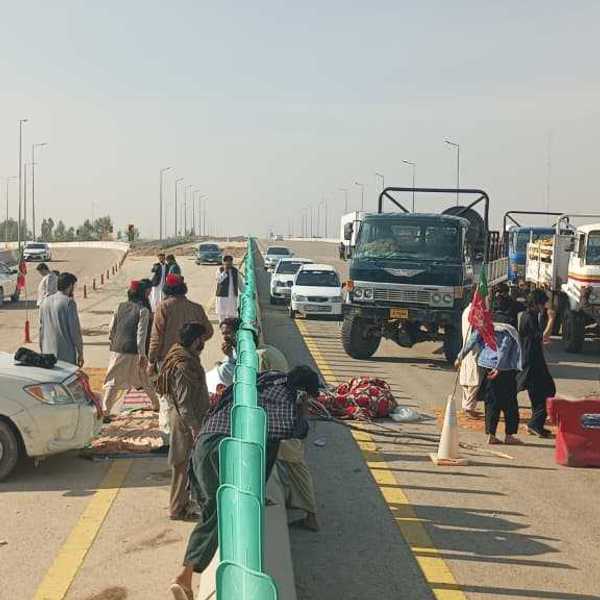Democracy: A cornerstone for Pakistan’s economic progress
Strong institutions and accountability drive economic growth, experts share insights at a PILDAT event
News Desk
The News Desk provides timely and factual coverage of national and international events, with an emphasis on accuracy and clarity.
Transparency and accountability key to success, former minister
Consistency and governance are crucial, marketing executive
Panelists agree institutional reforms are vital for success
The Pakistan Institute of Legislative Development And Transparency (PILDAT) hosted a pivotal Thought Session titled Can Economic Progress and Democracy Coexist? on Thursday, featuring prominent voices discussing the intricate relationship between economic development and democratic governance in Pakistan.
The session, moderated by PILDAT President Ahmed Bilal Mehboob, shed light on the lack of focus on economic issues in Pakistan's political discourse. The panel included former prime minister Shahid Khaqan Abbasi, former caretaker federal minister for privatization Fawad Hasan Fawad, former federal minister for commerce and Energy Khurram Dastgir Khan, and Chief Marketing Officer of Interloop Limited Faryal Sadiq.
Shahid Khaqan Abbasi underscored that economic growth is unattainable without a fully functional democracy. He noted that Pakistan’s historical reliance on aid during autocratic regimes fueled temporary growth but cannot be a sustainable model in today’s geopolitical landscape. He asserted, “Economy, not security, will drive this country and its politics now.”
Khurram Dastgir Khan reflected on his government’s achievements, including tackling terrorism and energy crises. He stressed the significance of transparency in governance, quoting, “Three things you should never see being made: sausages, legislation, and government decisions,” as a reminder that opaque decision-making undermines trust and efficiency.
Fawad Hasan Fawad challenged the notion that authoritarian regimes can deliver sustainable human development. He called for transparent privatization processes and cautioned against deregulation in critical sectors like health, education, and skills development. Regarding state enterprises, he remarked, “Public sector enterprises like PIA and Pakistan Railways suffer due to mismanagement and lack of oversight.”
Faryal Sadiq highlighted the resilience of Pakistan’s private sector despite political instability. She emphasized that consistent policies and governance reforms are crucial to unlocking the sector’s full potential.
The panelists agreed that Pakistan’s economic success depends on embedding democracy within a framework of sound governance, institutional reforms, and a long-term vision. They urged democratic governments to embrace transparency, accountability, and inclusivity to ensure progress.
The event concluded with an interactive group discussion, where academics, policymakers, business leaders, and civil society representatives engaged with the panelists, enriching the discourse with diverse perspectives.








Comments
See what people are discussing